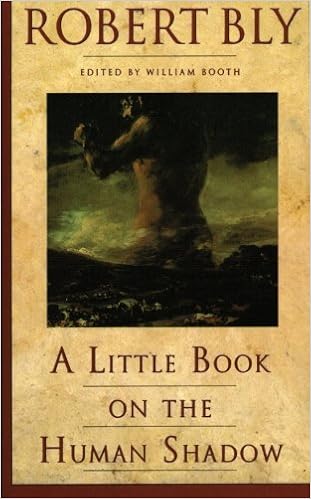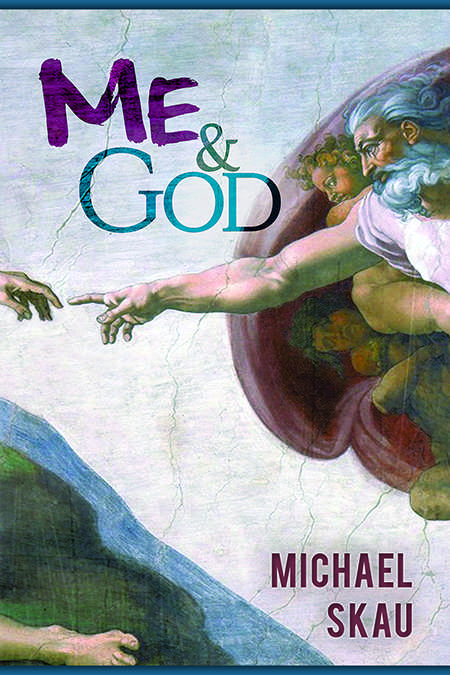The DilemmaA friend watched Blade Runner while distracted, she admitted, but didn't appreciate it. I looked for a simple webpage to point her to, but nothing obvious cropped up although Wikipedia quotes it as showing up on multiple Best lists (mostly belated as a cult classic). Worse, Siskel and Ebert panned the movie when it first came out:
They picked the worst scene of the movie to highlight, which allowed them to say it was cliche but with great effects and cinematography. So I decided to tackle the movie myself.
Note that there are multiple versions. Yes, I will ruin the movie. But you have probably already seen it. If not, go see it and compare notes. If you have questions the remain unanswered, you are supposed to ask and see if the work supports them. Yes, you may need to re-watch the film.
The Set-Up
What are Blade Runners? "Blade runners are people assigned to assassinate 'replicants.' "
You have to realize what this film was doing. The old noir movies had a small resurgence. This was an SF version of that. Is that a cliche or an homage? The change of setting, I think, is enough to make it original. Plus, how many other SF movies were noir up to this time? Cliche, on rare occasions, but most of it dealt with the lives of artificial people destined to die in four years. Was that a cliche at the time?
Luckily, few listened to the lazy critics and watched the movie, anyway.
This is an SF mystery. It's easy to miss out on critical details if distracted. Especially, early on, missed details will confuse you.
The mystery is something of a macguffin for the thriller and speculative aspects, but it asks the viewer to buy into the detective scenario because it will play off mystery expectations and surprise viewers with a different perspective.
It opens with an effective mood-setting scene. It creates a tone of dark futurity, alternating bright and dark. The music does not work as well today as it would have then since back then the sound was fresh, electronic, futuristic although some of it is nearly as effective as it would have been--usually the sexy sax.
Next is a scene that at first glance seems to be an interview with an unintelligent man, but the man reacts with murder. So the stakes are higher than we thought, Rewatching the scene afterwards (yes, you should rewatch it), you realize the man is trying to evade detection through misdirection.
Deckard is taken in to hunt down killer androids who have escaped, learning they have only four years to live since they might become fully human. Deckard doesn't want the job, but their best guy was shot (not dead, after all). Fairly classic scene.
Deckard interviews Tyrell and his beautiful assistant. With difficulty, he identifies her as a replicant. Along the way, she plants seeds of doubt about who she is and what he does. She becomes a love interest.
Analysis with Spoilers
Basically, the subtext here is that the replicants are effectively becoming human, indistinguishable. They are being killed to prevent that. Deckard buys into his job at first but begins to question it.... even before the movie starts.
The main romance scene left much to be desired (the worst bit of the film). Maybe the point of that scene is that she is too emotionally young (less than four years old and only beginning to feel emotions) and needs to be taught how to love, but the smaller shots/reactions were more effective. There are voice-over clips that spell things out, but I think the narrative does a decent job. That photo of her make-believe childhood, in fact, is what the director uses to show us how he is falling for her as he keeps returning to it.
We aren't in her POV much, so it is difficult to say why she falls for him, but her vulnerability and her ability to cut him where it counts is what draws him to her. Plus, she saved his life. One can only presume that she is interested in his returning to her. Here is a man who knows who she is--a type he has killed in the past--and not only accepts her, but also finds her fascinating and wants to run off with her.
Batty, as one might guess from his name, is erratic. He establishes himself as such. His whole chase scene with Deckard is a game of cat-and-mouse. Where did the dove come from? The dove came from the rooftop. It is used more as a symbol, but it adds to his strange character. Every time we see him, his behavior is off, so for him to grab a dove should not surprise us any more than the rest of his behavior. In fact, all of these replicants are a little off. Attacking someone via somersaults? The most normal was the snake gal.
Batty knows he is dying. He drives a nail into his palm as it is clenching up. The dove shows physically and mentally that he has had a change of heart although we don't know that. His speech tells us that he wants Deckard to feel what they feel. If he succeeds and kills Deckard, what does that accomplish? Maybe Deckard's replicant girlfriend has suspected Deckard's heart is good, but I'm not sure if Batty's seen that. Maybe it's a risk he's willing to take. If Deckard can pass on the knowledge, maybe he change the lives of future replicants.
Clearly, Batty is a Christ symbol and one of the best I've seen. The nail in the palm. The dove. His dying instead of Deckard, sparing Deckard's life even though he deserves death.
The unicorn dream is clearly symbolic. I would have to watch again to decide on a more exact significance. The final origami was a unicorn. That may be what she is to him--an impossible fantasy but one worthwhile. But is that your interpretation? That's you're job as a viewer. You have to interrogate the art/text.
It's a good movie with minor flaws. I'm not crazy about that love scene or the Batty's final monologue which everyone quotes, but the imagery is stunning and evocative. The themes and symbols were effective. It's a good SF romp with heart.
Watch it again.





